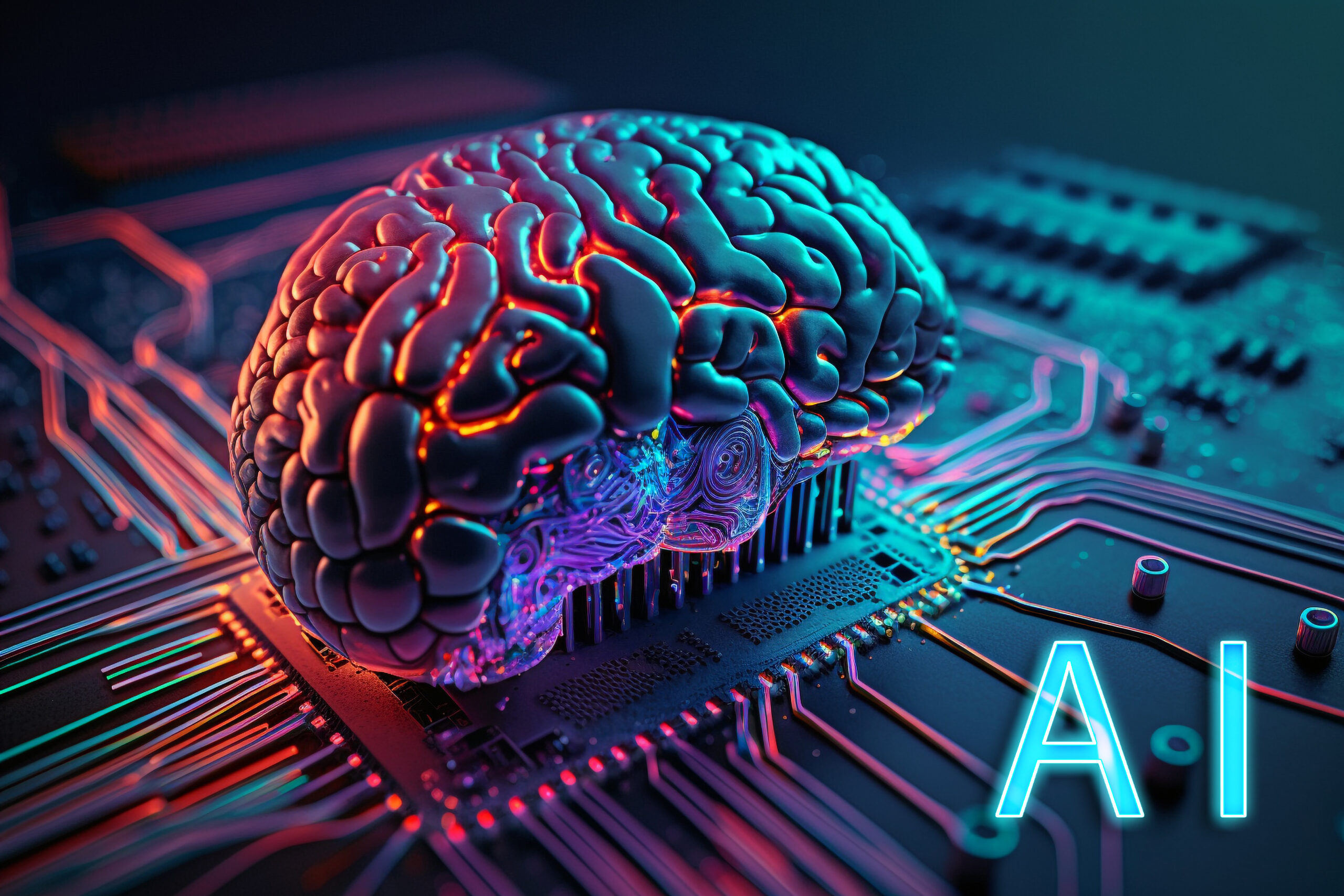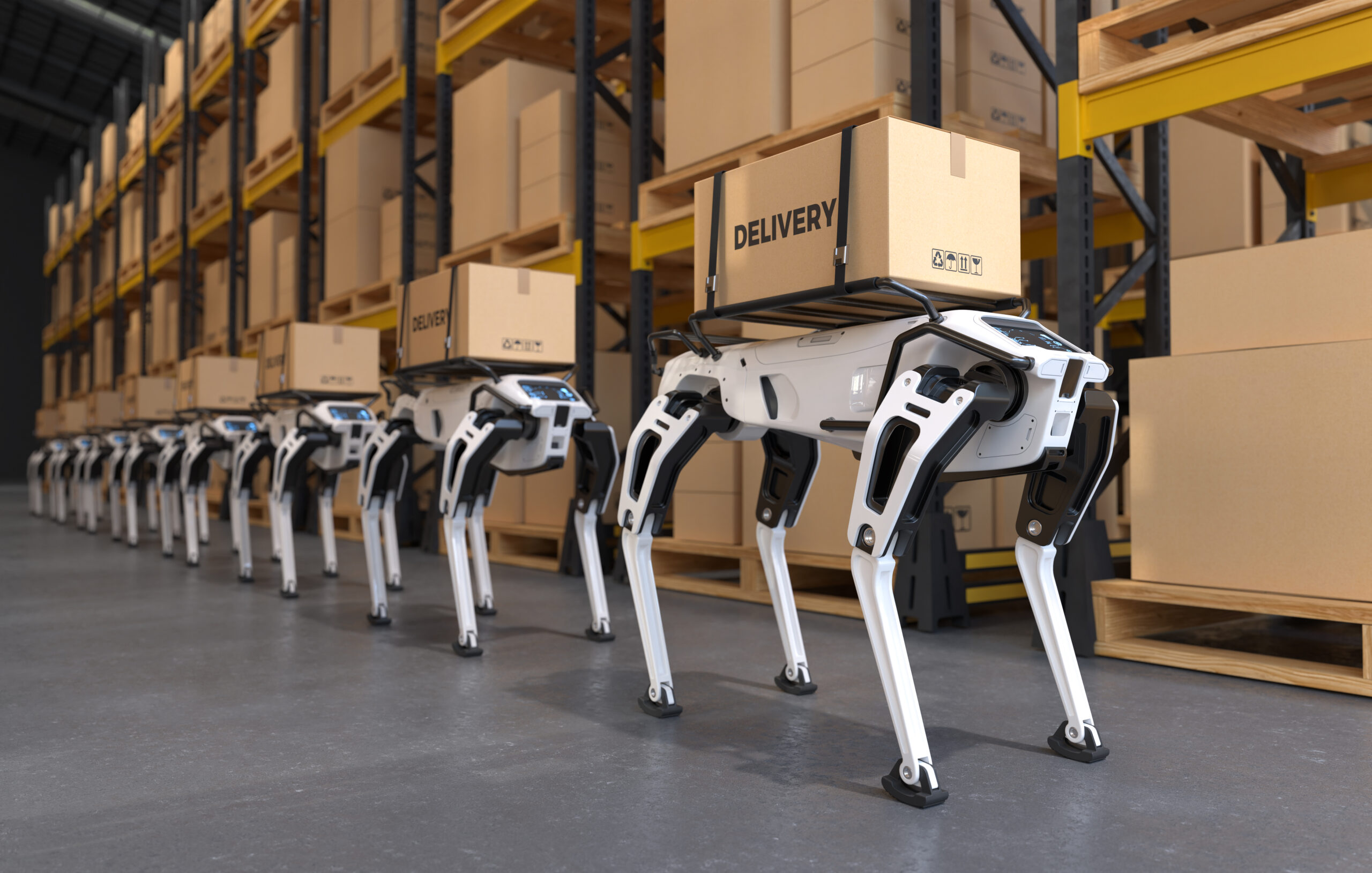Bajric Sanel
Ph.D. Economics & Computer Science
Tag Archives: Artificial Intelligence
The March of the Machines: Tracing the Future Trajectory of AI

Artificial intelligence (AI) has grown leaps and bounds over the past decade, transforming various aspects of our lives, from personalized advertising to autonomous driving. As we stand at the forefront of this tech revolution, it’s time to contemplate: What does the future hold for AI? This article will delve into the potential trajectory of AI’s…
Robot Taxes: A Solution to the Economic Threat of AI?

Introduction As artificial intelligence (AI) and robotics become increasingly advanced, there is growing concern about the potential economic impact of automation on job displacement. The advent of AI has introduced the potential for “robot taxes” as a means to mitigate these effects. This controversial concept, which involves taxing businesses that use robots for tasks that…
Beyond the Status Quo: A Futuristic Approach to Economic Modeling

The last few decades have witnessed an unparalleled acceleration in technology, fundamentally altering our economic landscapes. While traditional models struggle to comprehend this dynamic scenario, a shift towards innovative, technology-driven modeling is on the horizon. This article explores a futuristic approach to economic modeling, stepping away from conventional paradigms towards technologically advanced, yet practically applicable…
Leveraging Quantum Computing in Advanced Web and Mobile App Development

As we navigate the fourth industrial revolution, technology continues to evolve at a groundbreaking pace, pushing boundaries and driving innovation across multiple sectors. One of these pioneering technological advancements is quantum computing – a futuristic concept that is increasingly becoming a reality. With its potential to revolutionize various industries, let’s explore how quantum computing can…
Harnessing the Power of Quantum Computing in Software Development

Quantum computing is the next frontier in the field of information technology. Unlike classical computers, which use bits as their smallest unit of data, quantum computers use quantum bits or ‘qubits’. A qubit can be both 0 and 1 at the same time, thanks to a property known as superposition. This allows quantum computers to…
